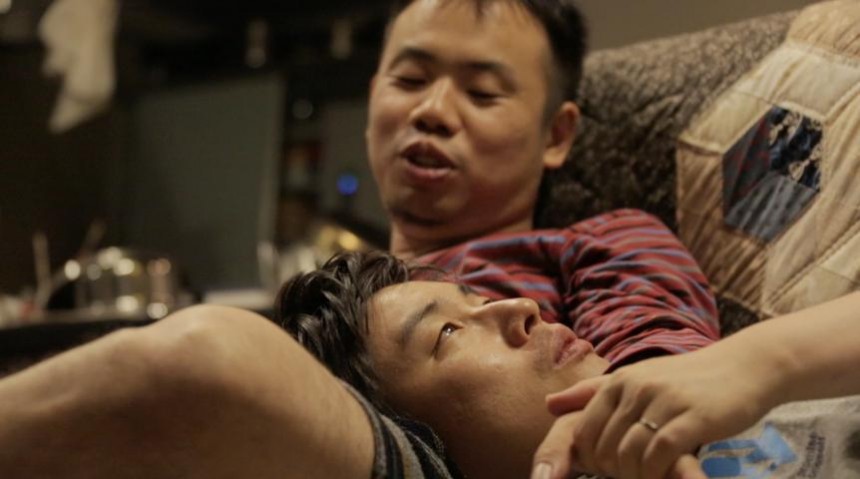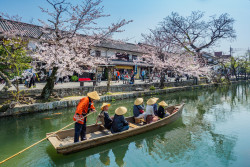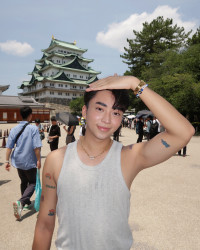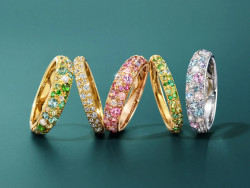
September 9, 2018
Of Love and Law
Eye-opening documentary on Japan's first openly gay law firm
By Rob Schwartz
Hikaru Toda’s celebrated documentary won the Japan Splash category of the Tokyo International Film Festival last year in addition to being feted at numerous events around the world. It’s not the first Japanese documentary to address LGBTQ+ issues in Japan (that would be Rasen no Sobyo in 1987) but it does depict both social issues and personal stories with a refined eye.
Fumi and Kazu run Japan’s firstly openly gay law firm, taking on cases that have social importance while working on their own struggle to achieve acceptance. Toda deftly moves between the couple’s personal story and the larger issues at play, as well as their clients’ stories. The stigma the couple encounter because of their relationship is well portrayed, but it is their personal stories that make this compelling viewing. Their home life and relationships with parents will be familiar to all, adding a universal element to the proceedings. Kazu’s mother even works for the firm and talks directly about her late husband and the family.
The clients that Fumi and Kazu choose to handle are of great relevance to social justice in Japan. The case of Japanese artist Rokudenashiko has received much attention worldwide. She made large plastic replicas of her vagina and was prosecuted under Japan’s obscenity laws despite the fact the country has numerous festivals where extremely large and realistic models of penises are paraded in the streets for extended periods. The hypocrisy is stunning but this didn’t stop Rokudenashiko from facing serious charges. Another client is a teacher who refused to stand for the national anthem during a school gathering and subsequently sued the school board to regain her job. The nationalist fervor over the Kimigayo anthem (which is deeply associated with Japan’s imperial past) makes this case an especially important one in the fight over Japan’s political direction. We also see a woman who was not registered on her family’s koseki (a registry that every person must be listed on to gain basic rights as a Japanese citizen). She represents thousands of Japanese who cannot fully participate in society and are deeply underprivileged due to this system, the abolishment of which would be a major step for human rights in Japan.
The documentary accomplishes a myriad of things. The audience can easily identify with Fumi and Kazu, a happily married couple who happen to be gay, and this implicitly challenges people’s bias against LGBTQ+ people. It also explicitly challenges that bias, however, as well as many other social injustices, communicating the illogic and prejudices that continue to affect Japan.
Director Hikaru Toda is currently struggling to get the documentary shown with English subtitles in Japan so check your local listings.







